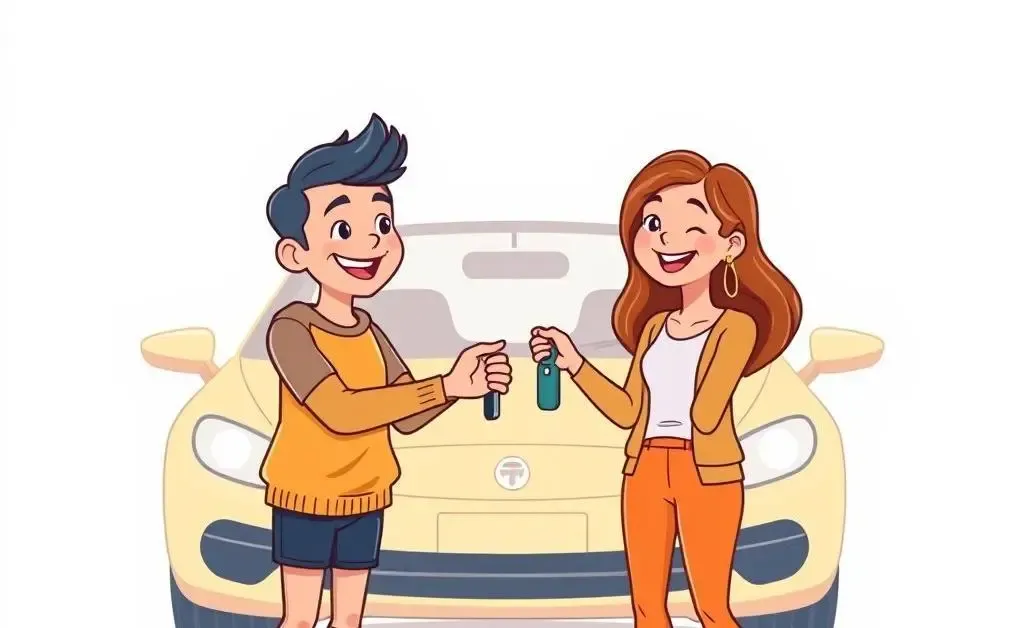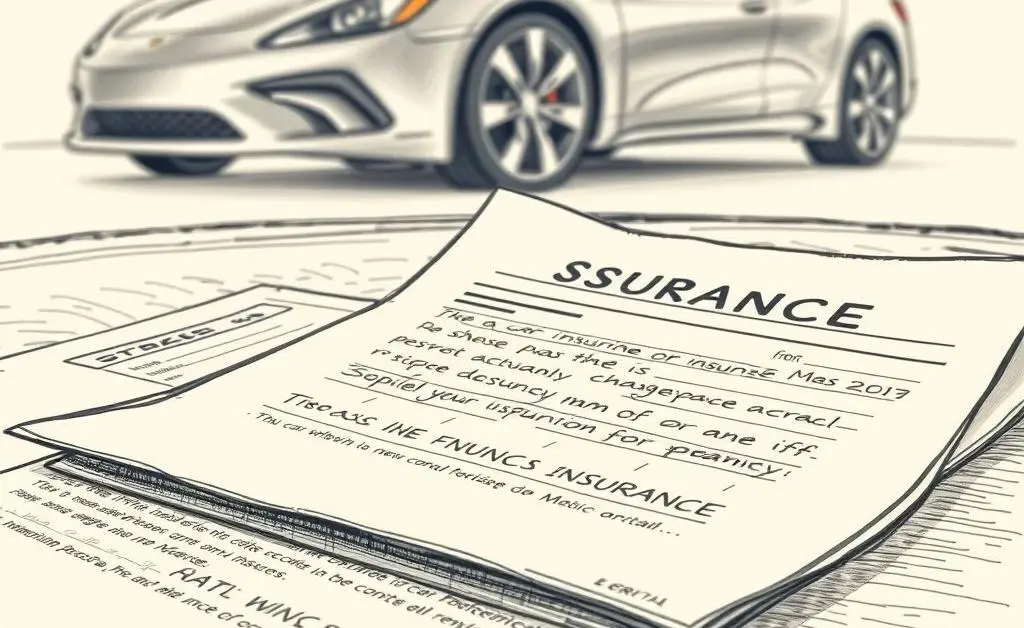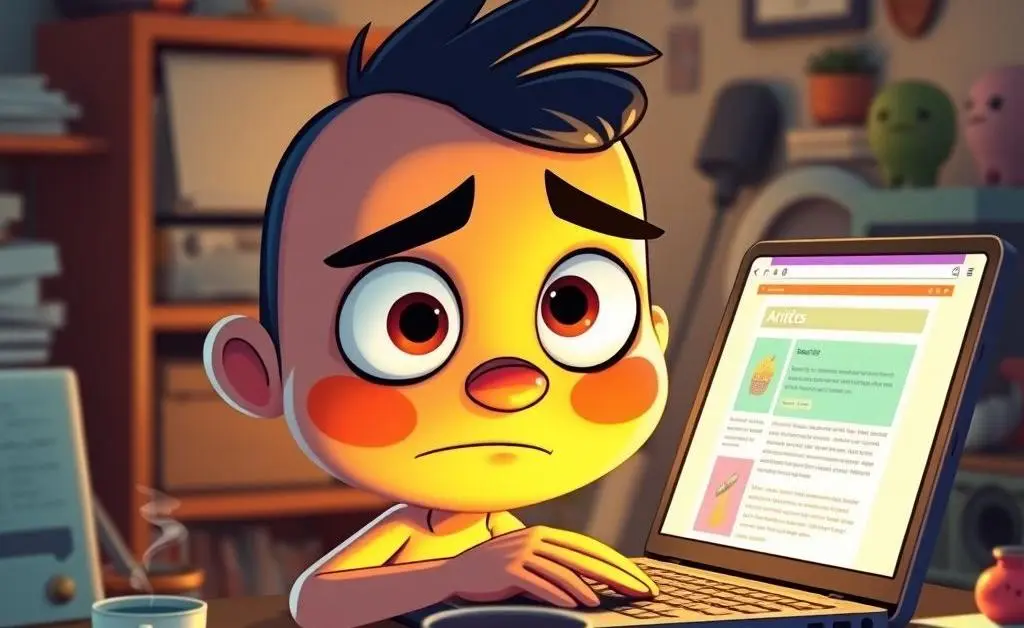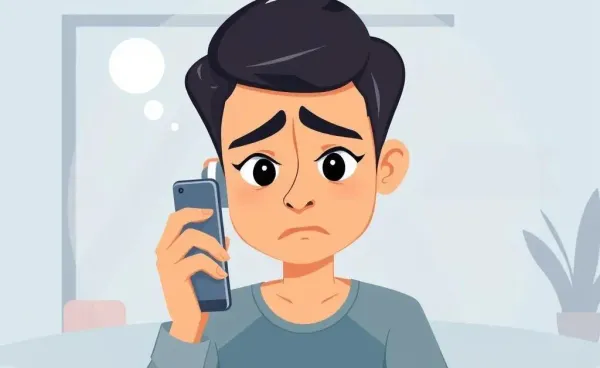Understanding Car Insurance When Driving Someone Else's Vehicle
Discover key insights on car insurance when you're behind the wheel of a friend's vehicle.

Ever borrowed a friend's car, only to wonder what would happen if something went wrong? You're certainly not alone. Determining how car insurance works when you're not driving your own vehicle can be confusing, to say the least. But don't worry; we're going to untangle this web in a friendly, approachable way.
Whose Insurance Covers You?
A common misconception is that car insurance follows the driver. In reality, it often follows the vehicle. This means if you're driving your friend's car, their insurance policy usually covers the car—and you, assuming you've got their permission.

But here's where it gets a little cloudy. You might need to be listed as a covered driver under their policy if you're sharing the car frequently, like during a long summer road trip.
What If an Accident Happens?
Picture this: you're on a quick run for coffee in your friend's car and, out of nowhere, an accident happens. First off, don't panic. Typically, your friend's policy will step in to handle any damages or liability issues.
- Collision coverage: If the car has collision coverage, repairs to their vehicle might be covered.
- Liability coverage: This part deals with any other vehicles or property damaged during the fender bender.
- Uninsured motorist protection: If the at-fault driver doesn't have insurance, this can save the day.
Extra Coverage Won't Hurt
While your friend's policy might cover you, having your own insurance plan is never a bad idea. It can serve as secondary coverage, helping in situations where their coverage might not fully extend, or if you have a higher personal liability limit.

Think of it as the extra umbrella on a rainy day—not required, but a nice-to-have.
A Relatable (Fictional) Tale
Once upon a time, Alex borrowed Jamie's trusty sedan for a weekend hiking trip. An unexpected hailstorm left the car with cosmetic damage, but neither knew whose insurance would cover the cost.
Jamie called their insurance and discovered that comprehensive coverage would kick in, covering the repairs. Alex learned the importance of discussing insurance before borrowing a vehicle and perhaps investing in additional personal coverage.

Is Driving Someone Else’s Car Worth the Risk?
In the end, it comes down to communication and understanding insurance policies. Always double-check coverage details with your friend before hitting the road and clarify any uncertainties with a quick call to your insurance provider.
So, what are your experiences driving someone else's car? Have you taken any lessons to heart? I'd love to hear your stories!




